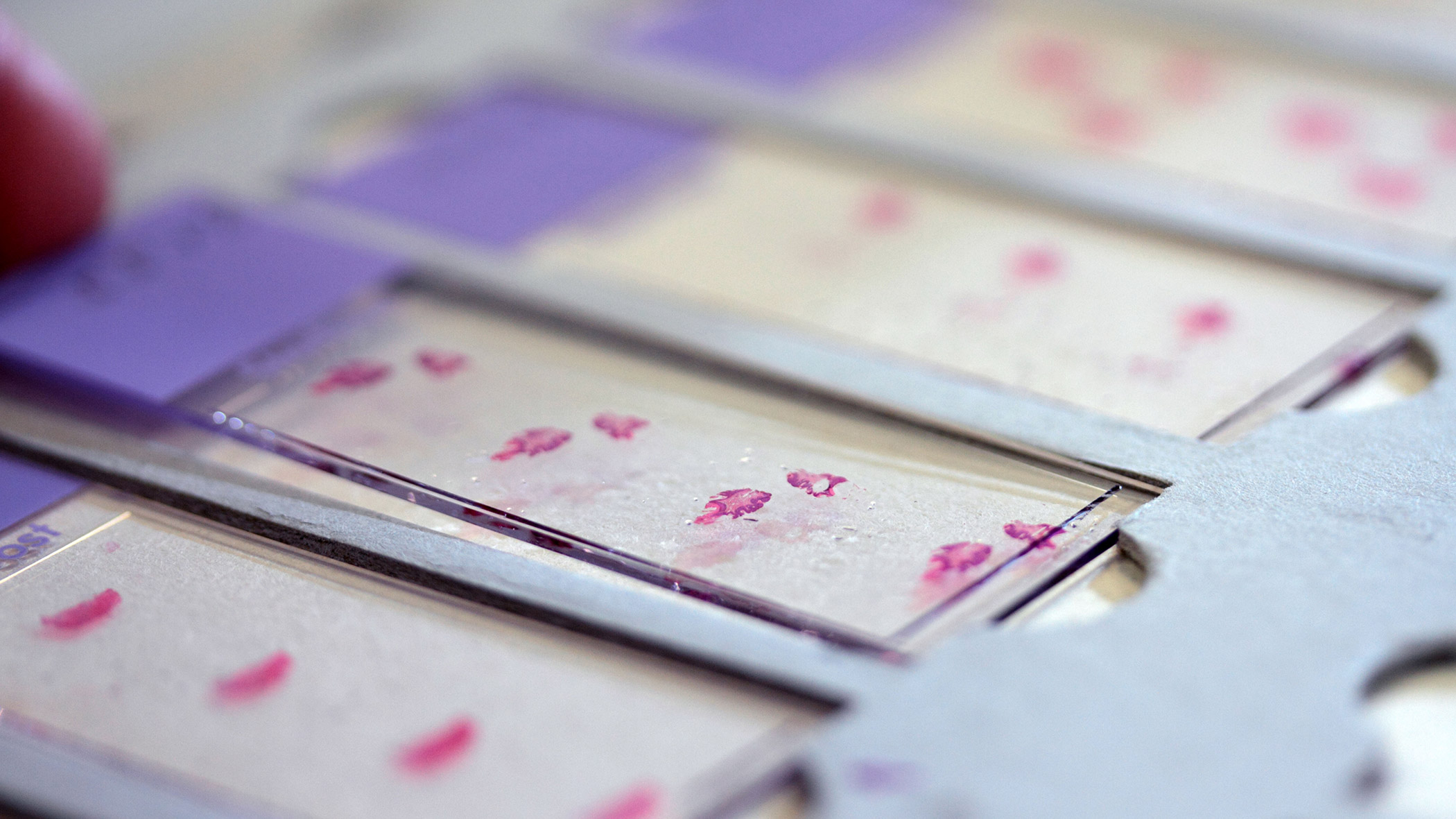
Evaluation of biocompatibility, osteointegration and biomechanical properties of the new Calcemex® cement: An in vivo study
DESCRIPTION
The mixture of polymethylmethacrylate (PMMA) and β-tricalciumphospate (β-TCP) is the most widely used bone graft. Common features of bone cement are the biocompatibility, bioactivity, mechanical stability and ability to fuse with the host's bone tissue.
However, there are still few studies that have evaluated these characteristics in vivo. Our study aims to acquire these parameters, using an animal model with functional characteristics similar to those of humans. The analyzed cement is Calcemex®, evaluated both in compact and fluid formulation. The chosen animal models were 5 pigs, treated with femoral and tibial implants of Calcemex® samples.
After one year, the pigs were sacrificed and the specimens explanted for morphological, histological, ultrastructural and mechanical evaluations. For both formulations, the investigation highlighted the absence of foreign body reactions in the host, the histological integration with the surrounding tissues and the preservation of mechanical compression resistance.